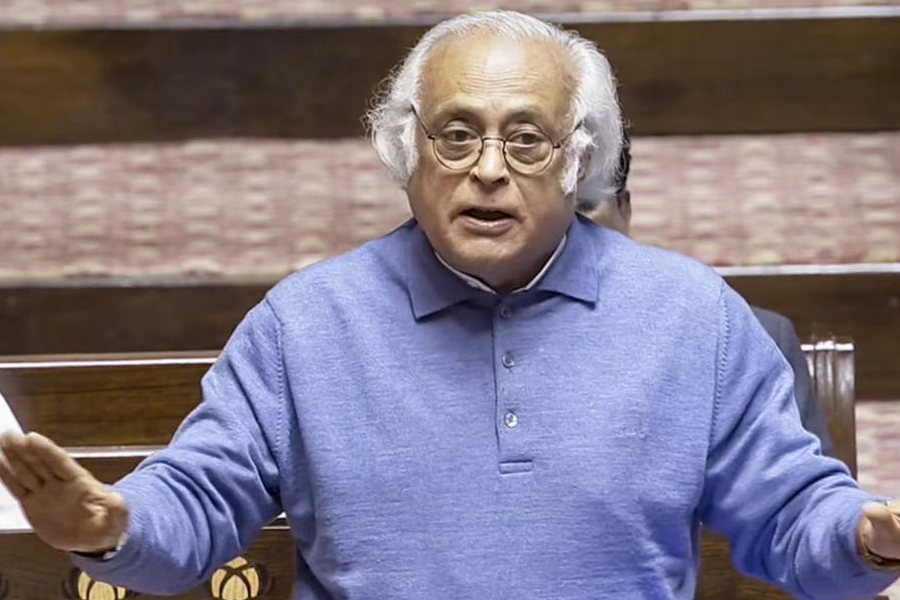Artificial intelligence company Anthropic, which is behind the popular chatbot Claude, has agreed to pay at least $1.5 billion to settle a copyright infringement lawsuit filed by a group of authors who said the platform had illegally used pirated copies of their books to train large language models.
The company has agreed to pay authors about $3,000 for each of an estimated 5,00,000 books covered by the settlement. The final amount could be higher, depending on the number of claims submitted.
As part of the settlement, Anthropic needs to destroy the original files it downloaded and any copies. The deal is a significant victory for copyright holders as authors struggle in the AI era.
Three authors — thriller novelist Andrea Bartz and nonfiction writers Charles Graeber and Kirk Wallace Johnson — took Anthropic to court last year, and now they represent a broader group of writers and publishers whose books Anthropic downloaded to train its chatbot Claude.
In June, a US federal judge ruled that training AI chatbots on copyrighted books wasn’t illegal, but the manner in which Anthropic acquired millions of books — through piracy websites — was wrong.
In July, a California federal judge ruled that the authors could bring a class-action lawsuit representing US writers whose work allegedly originated from libraries of pirated books downloaded by Anthropic.
The settlement is scheduled for approval next week, marking the first substantive decision on how fair use applies to generative AI systems. It may become a blueprint for ongoing legal fights between the creative industries and the AI companies.
The fair use doctrine allows copyrighted works to be used by third parties without the copyright holder’s consent in certain ways. For example, quotes can be made to make a point in a news article.
“This historic settlement is a vital step in acknowledging that AI companies cannot simply steal authors’ creative work to build their AI just because they need books to
develop quality large language models,” said Authors Guild CEO Mary Rasenberger in a statement.
“We expect that the settlement will lead to more licensing that gives authors both compensation and control over the use of their work by AI companies, as should be the case in a functioning free market society.”










